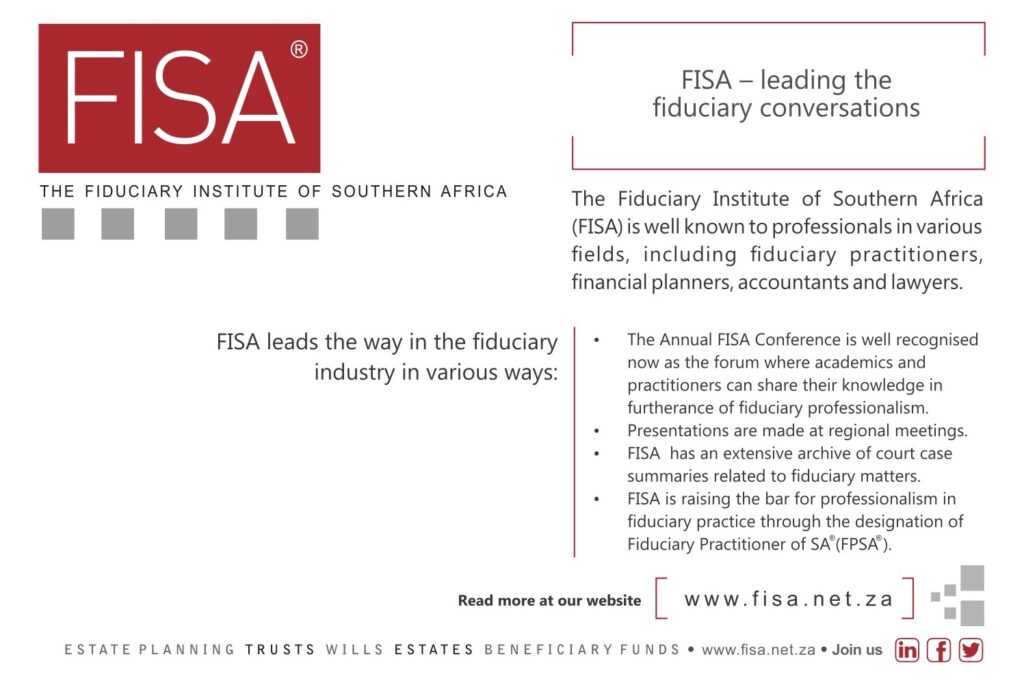The South African insurance landscape is undergoing a period of transformation, shaped by a variety of factors including economic pressures, geopolitical uncertainties, and the evolving needs of policyholders.

I recently discussed factors and their impact with Kashmira Naran, Insurance Partner at KPMG and co-editor of the KPMG 2023 Insurance Survey. We gained valuable insights into the current state of the insurance and reinsurance industries in South Africa. In this article, we will explore the key takeaways from the interview and shed light on the challenges and opportunities within the sector.
The Purpose of the Survey:
The annual KPMG Insurance Survey serves as a comprehensive overview of the South African insurance industry. The survey compiles financial data from seventeen life insurers, 31 non-life insurers, and four reinsurers, providing a standardised format for comparative analysis. Additionally, the survey includes thought leadership pieces that address current industry topics, offering insights and guidance.
The Power of Human:
The central theme of this year’s survey is “the power of humans.” It underscores the importance of maintaining strong relationships within the insurance industry, particularly the connections between insurers and policyholders. Customer centricity has become a focal point for insurers, both locally and globally, driving their strategic priorities. The human touch and customer-centric approach are seen as the keys to long-term success.

FISA – leading the fiduciary conversations
- The Annual FISA Conference is well recognised now as the forum where academics and practitioners can share their
- knowledge in furtherance of fiduciary professionalism.
- Presentations are made at regional meetings
- FISA has an extensive archive of court case summaries related to fiduciary matters
- FISA is raising the bar for professionalism in fiduciary practice through the designation of Fiduciary Practitioner of SA
ESTATE PLANNING. TRUSTS. WILLS.ESTATES. BENEFICIARY FUNDS
Key Challenges in the Industry:
- Economic Pressures: South Africa, like many other economies, is grappling with interest rate hikes, inflationary pressures, and geopolitical uncertainties. These factors impact consumers’ disposable income, putting strain on the insurance market.
- Natural Catastrophe Events: The industry is witnessing an increase in the frequency and severity of natural catastrophe events, which drives up reinsurance costs. Insurers may need to consider passing these costs on to consumers.
- Political Landscape: South Africa’s political landscape is marked by uncertainty, with local elections on the horizon and infrastructure challenges. These challenges further strain consumer sentiment, affecting policy lapse rates.
- Competition: The insurance industry faces fierce competition, as insurance is often viewed as a grudge purchase. During tough economic times, consumers may opt to forgo or reduce insurance cover or seek more affordable options elsewhere.
Opportunities for the Industry:
Despite these challenges, South African insurers have demonstrated resilience. They are leveraging technology to innovate and improve customer service, expand their digital reach, and align with policyholders’ values in environmental, social, and governance (ESG) initiatives. The introduction of generative AI, IoT technology, and customer-centric approaches are transforming the industry:
- Generative AI: South African insurers are cautiously embracing generative AI to automate processes, reduce operational costs, and improve customer experiences.
- Risk Management: With IoT technology, the role of insurance companies are shifting from risk transfer to risk management and risk prevention, helping policyholders prevent or mitigate losses through incentives, alerts, and loyalty programs.
- ESG Implementation: Going back to the focus on customer centricity, the opportunity for insurers lies with aligning their offerings with policyholders’ ESG goals to appeal to environmentally conscious younger generations which will in turn assist the insurer in meeting its own ESG goals.
The South African insurance industry faces various challenges, including economic pressures, political uncertainties, and increased reinsurance costs. However, insurers are adapting and innovating to address these challenges. The focus on customer-centricity and move towards fulfilling a risk management role, through the use of technology and ESG strategies, are shaping the industry’s future. The human touch remains a central tenet, as insurers prioritise building strong relationships with policyholders.
Despite the challenges, the South African insurance sector continues to play a crucial role in supporting the country’s economy and the financial well-being of its citizens.

